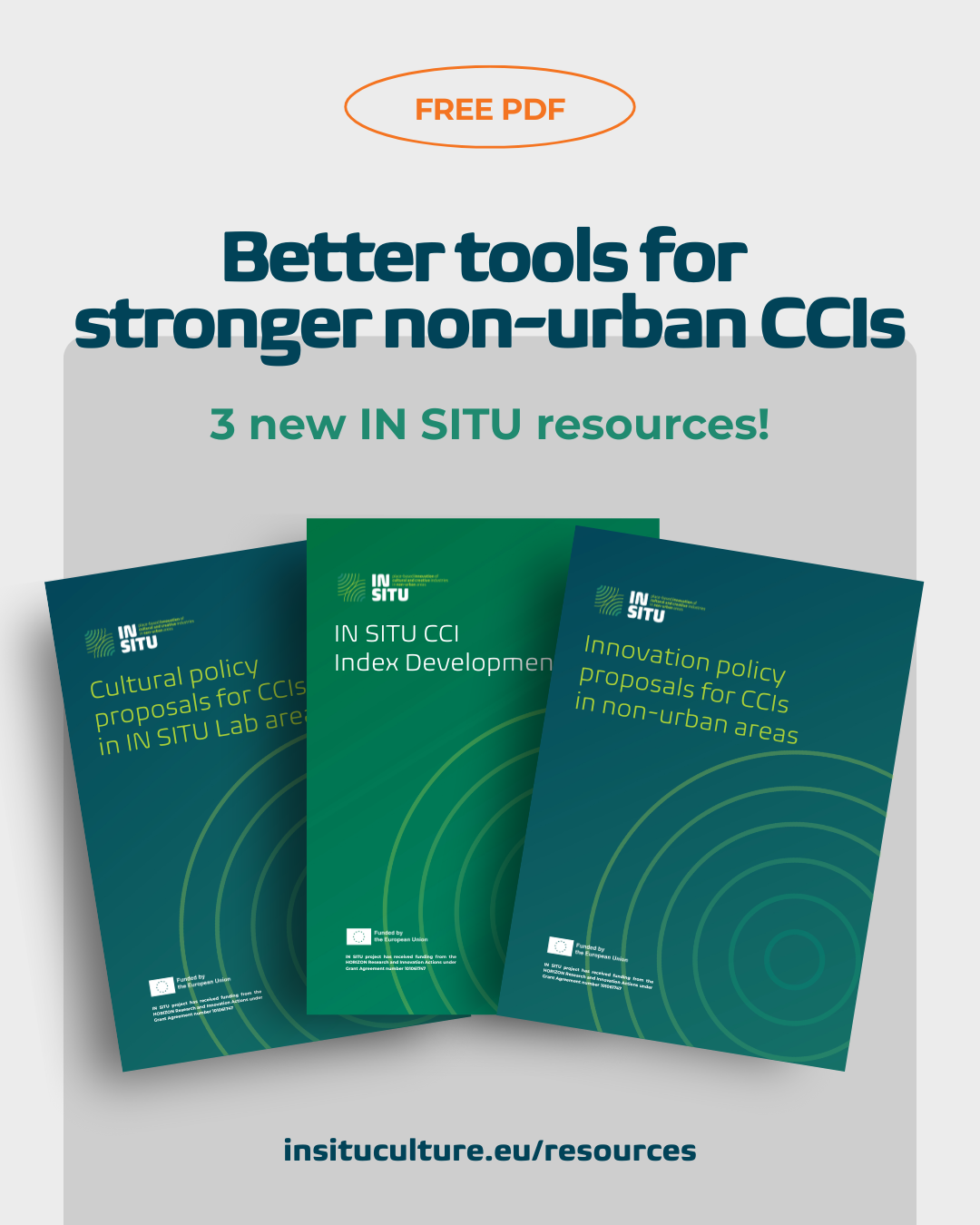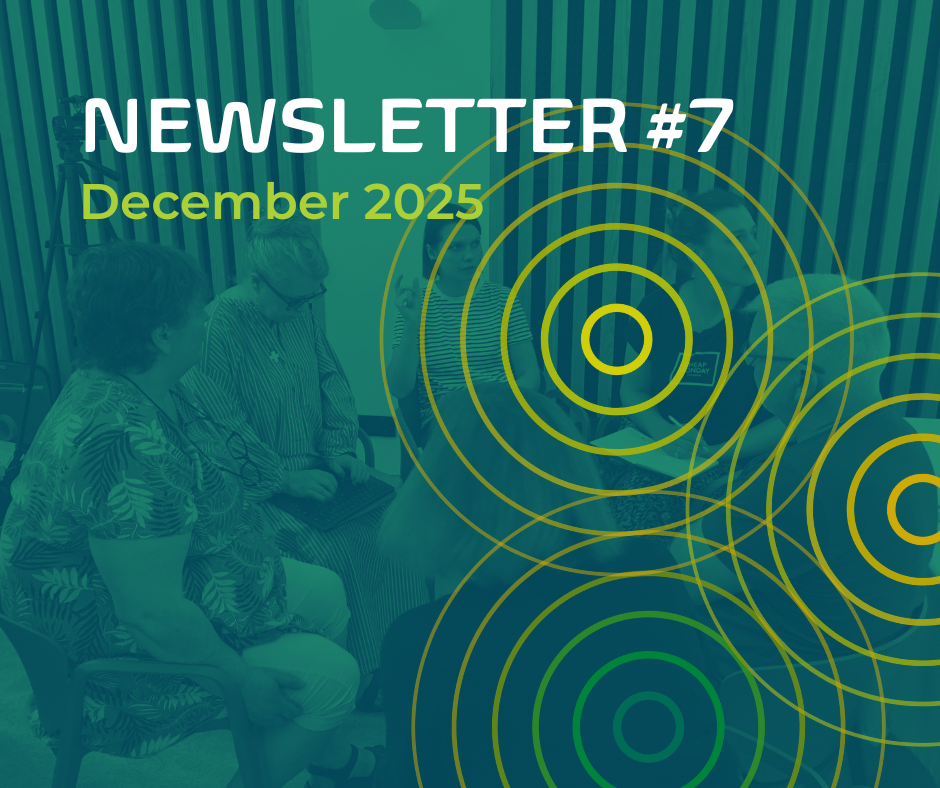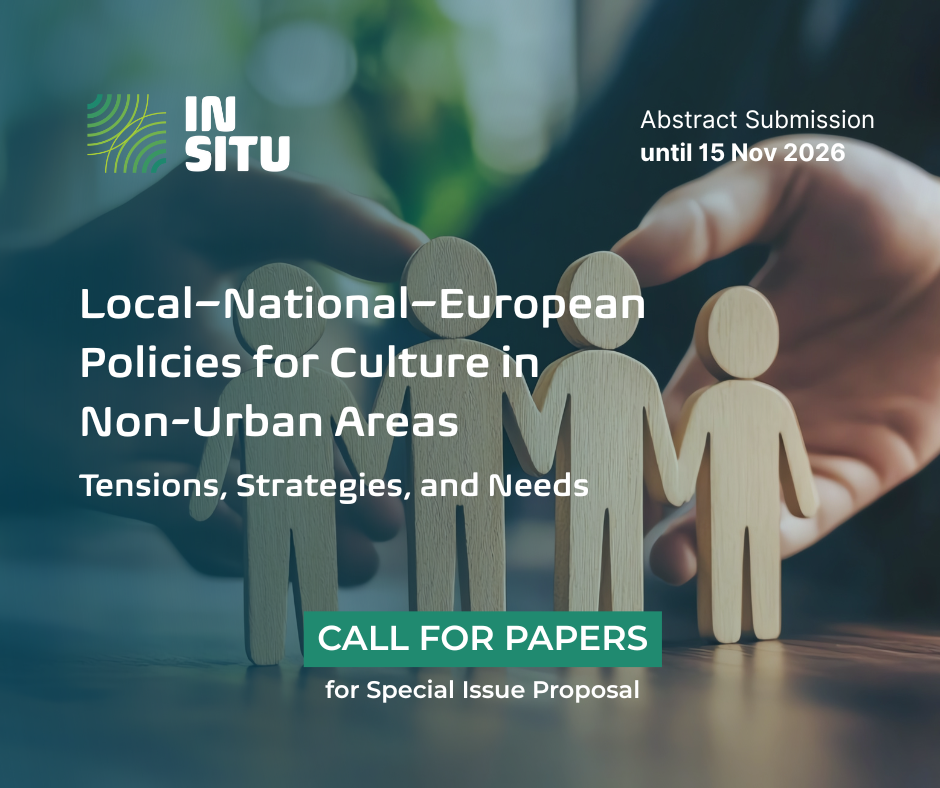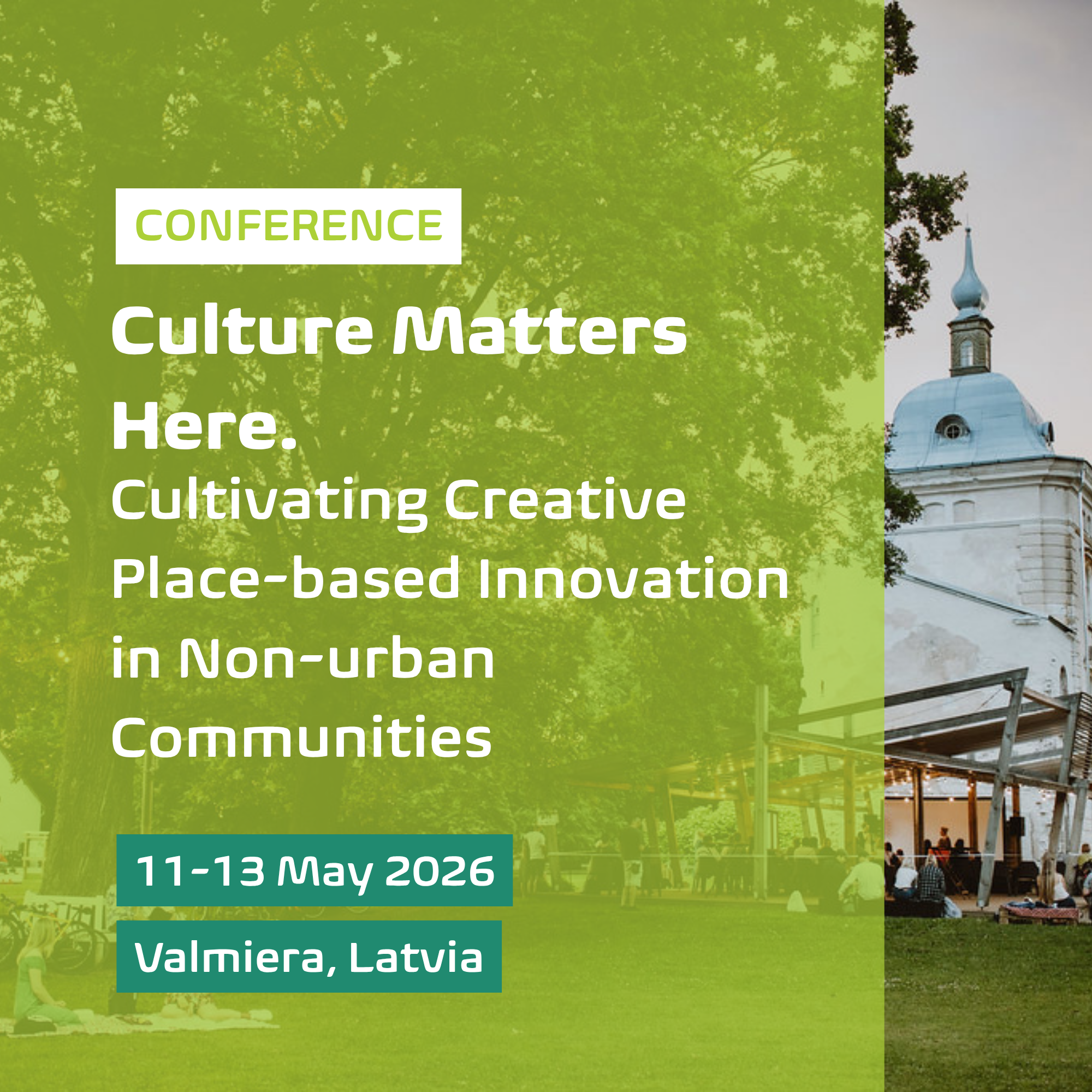Cultural and Creative Industries (CCIs)—including sectors such as design, media, performing arts, and heritage—play a vital role in driving innovation, strengthening social cohesion, and contributing to economic growth. While these industries are often associated with urban centres, there is significant untapped potential in Europe’s non-urban regions.
To address this, the IN SITU project, funded by Horizon Europe, is working to support and enhance the resilience and competitiveness of CCIs in rural and peripheral areas. The project’s latest report, “Roadmap for Competitiveness of the Most Innovative CCIs Subsectors”, led by IN SITU partner Mondragon Innovation & Knowledge (MIK), Mondragon University (Spain), provides a strategic tool to help identify new opportunities and shape effective, place-based approaches to cultural and creative development.
Key Contributions of the Roadmap
The roadmap is designed to support informed decision-making for cultural practitioners, policymakers, funders, and innovation hubs working in non-urban regions. Built through a combination of desk research, expert interviews, and stakeholder engagement across six European regions, it offers a structured yet flexible guide for future planning and investment.
In the sections that follow, we delve into its key contributions.
32 High-Potential Opportunity Areas
The roadmap identifies 32 specific areas where non-urban CCIs can grow and innovate. These include, for example, heritage digitisation, immersive cultural tourism, collaborative business models, and digital transformation initiatives.
Figure 1 – Roadmap for competitiveness of CCI in non-urban areas
Source: MIK
Organised into Four Strategic Clusters
The opportunity areas are grouped into four overarching themes, each addressing a fundamental dimension of cultural and creative sector transformation:
- Cultural and social foundations – Focuses on cultural heritage, participatory governance, and social inclusion as pillars of territorial development.
- Territorial activation – Encompasses strategies for revitalising non-urban areas through cultural and creative activities.
- Experience economy – Explores new forms of cultural consumption and engagement, including tourism, digital narratives, and immersive experiences.
- Impact growth – Covers innovative business models, entrepreneurship, and collaborative ecosystems that strengthen CCIs’ economic viability.
Grounded in Local Insights
The roadmap reflects insights gathered through the IN SITU Labs, located in six distinct regions of Europe. Each Lab contributed to testing and refining the strategic categories, ensuring that the roadmap responds to real territorial needs and capacities. Within the clusters that the Labs examined, positive ratings tended to align with local priorities.
Focus Areas Highlighted by Stakeholders
During the review and testing process, findings suggest several cross-cutting priorities across regions, including:
- Eco-sustainability
- Collaborative networks and partnership models
- Digital capacity-building
- Social inclusion
- Policy and regulatory frameworks tailored to rural contexts
Why This Matters
This roadmap does not offer one-size-fits-all solutions. Rather, it provides a strategic framework to help local actors navigate complex challenges, align efforts with long-term goals, and unlock the potential of cultural and creative work in non-urban areas.
By offering a clear, evidence-based approach for local strategic discussions and decision-making, this roadmap aims to foster a more inclusive, innovative, and competitive cultural and creative sector beyond the urban mainstream—one that reflects and responds to the diversity of Europe’s regions.
For further information:
Nancy Duxbury – IN SITU Project Coordinator
Centre for Social Studies (CES) at the University of Coimbra, Portugal
Email: in-situ@ces.uc.pt
Tel: +351 239 855 570
Web: https://insituculture.eu
The “IN SITU: Place-based innovation of cultural and creative industries in non-urban areas” project combines research and experimental actions to advance the innovation-related practices, capacities, and potential of cultural and creative industries (CCIs) based in non-urban areas of the EU. The project is funded by the European Commission under the Horizon Europe Program (project no.101061747). It began on July 1, 2022, and will run for four years. The IN SITU project consortium comprises 13 Full Partners from 12 countries, consisting of 11 research institutions, a European-wide cultural network, and a national cultural foundation.




